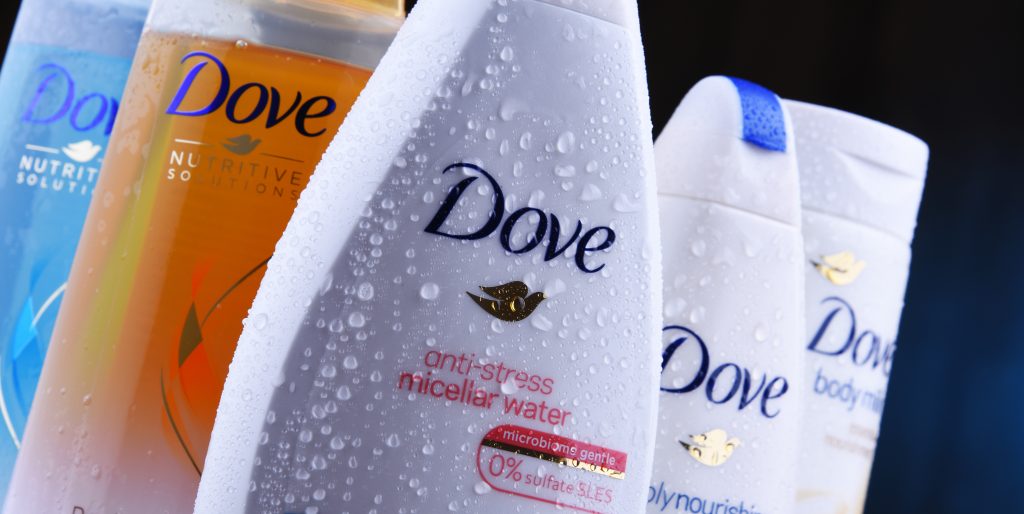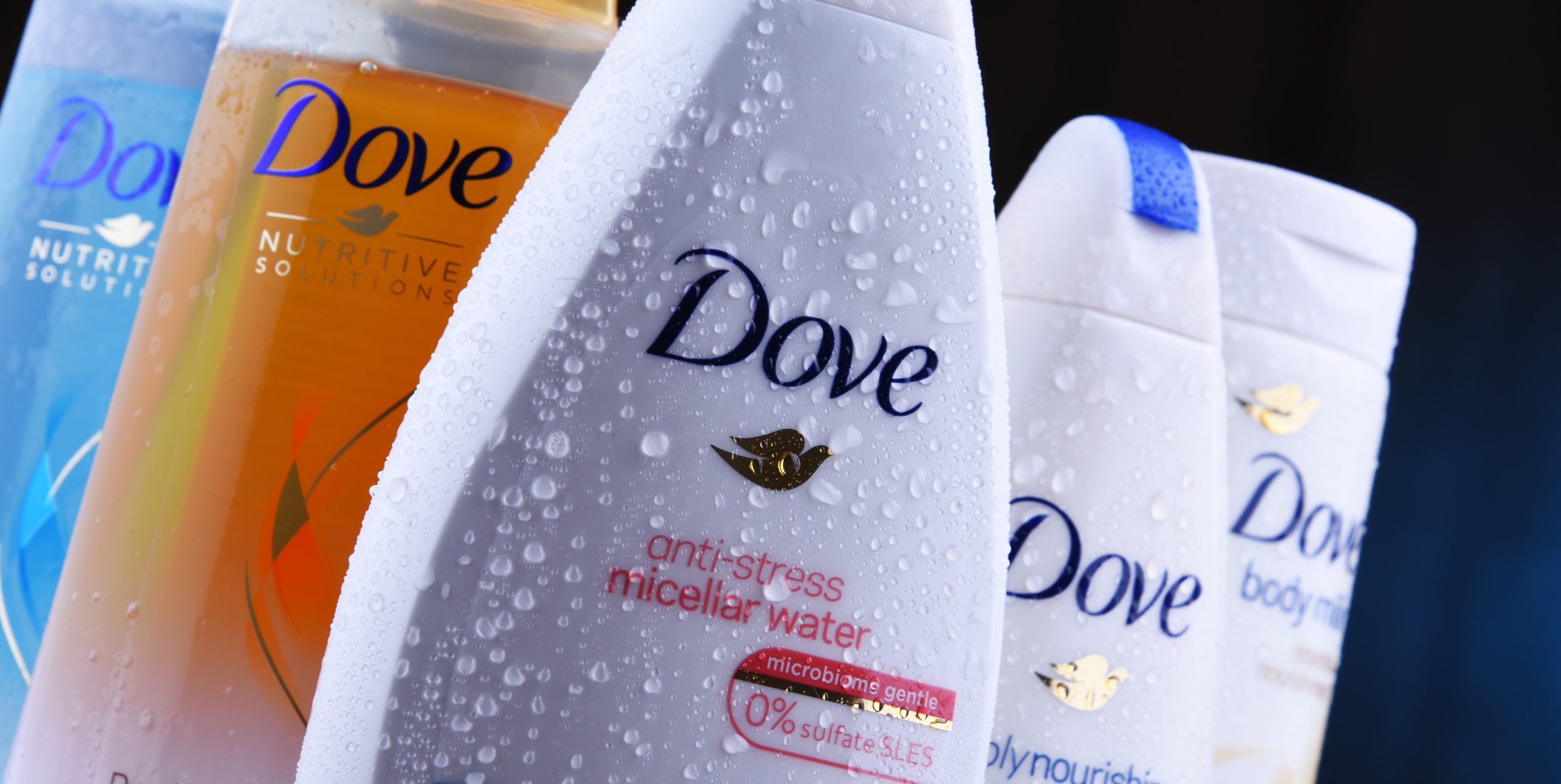Time, innovation and partnerships: How Unilever is moving away from single-use plastics

Unilever’s chief R&D officer Richard Slater tells edie how a focus on better, less and no plastic is enabling the consumer goods giant to reduce its plastics footprint globally while improving the recyclability of packaging.
In 2019, Unilever, which owns iconic brands such as Dove, Cif and Magnum, set a target to halve its use of virgin plastic by 2025 by reducing plastic packaging by more than 100,000 tonnes, increasing the amount of recycled plastics it uses and collecting and processing more plastic packaging than it sells.
As well as reducing the overall use of plastic packaging, Unilever will also help collect and process around 600,000 tonnes of plastic annually as part of a bid to recover and process more plastic packaging than it sells.
While corporate efforts to reduce plastics are now commonplace, Unilever’s targets will span multiple countries, all of which have unique regulations and infrastructure regarding the disposal and collection of plastics packaging.
Currently, the company’s plastic packaging footprint sits at 690,000 tonnes, based on accurate data across 26 countries. Unilever claims it has data for “around 80% of the sales volume in scope for plastic packaging reporting”. As such, there is no silver bullet for the company’s efforts to reduce and replace plastics packaging.

